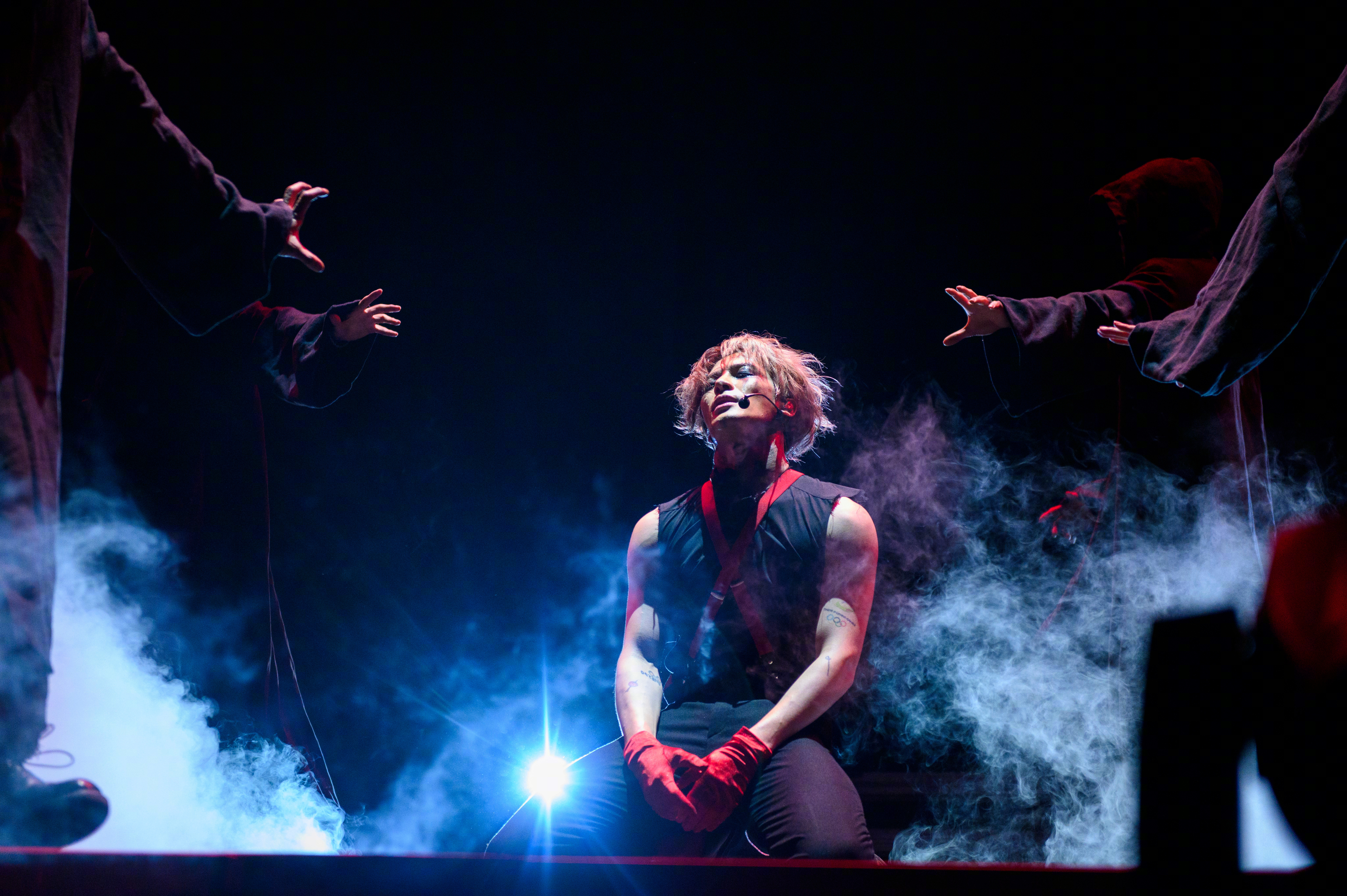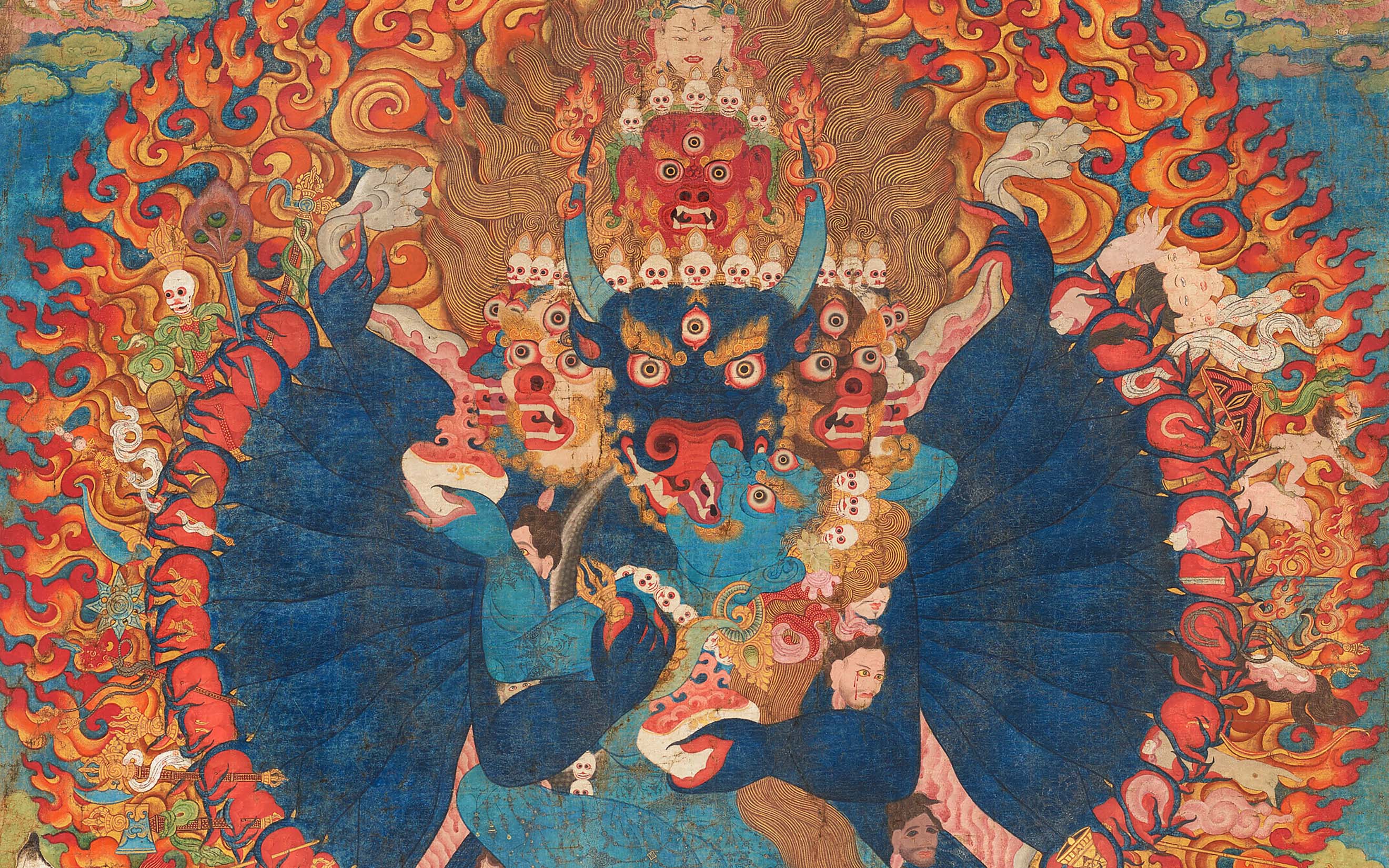When Jasmine Chen was first contacted by the people behind Crazy Rich Asians about featuring on the soundtrack to their movie, she was initially so surprised she didn’t believe it was a genuine approach. “I got a message through my fan page on Facebook and I just thought it was spam,” laughs the Shanghai-based jazz singer. It was only a few days later when she received an email from a Warner Bros domain that she began to take their advances seriously.
She ended up contributing three tracks to the soundtrack of what would become one of the biggest cinematic hits of the summer in the US. The film has undoubtedly boosted Chen’s profile (she says her YouTube subscriptions and Facebook likes are up), and this week she’ll be in Beijing for its Mainland China premiere. The movie is finally set to go on general release here on November 30, potentially bringing her even more attention.

Jasmine Chen Crazy Rich Asians Photo by Sanja Bucko. Courtesy Warner Bros. Pictures
Yet even when she got the email from WB, Chen still hesitated. “The name is really silly,” she says, admitting that she’d not heard of Kevin Kwan’s book before the representative sent her a link to its Wikipedia page. “I was asking them, ‘what is the movie about?’, ‘is there anything that’s bad for the Chinese image?’ And then they sent over the script.”
Reading the script assuaged any fears Chen may have had that the film might be mocking of Asians, but it also made her realise just what director Jon M. Chu had in mind for her. She wasn’t going to be merely a disembodied, edited voice in the background – she was actually part of the film’s visual fabric as well.
“When they said ‘our director Jon Chu really likes your music’, I thought they were just being polite,” she says. “I was sure they could find singers in Malaysia or Singapore who could sing old Chinese songs, but when I arrived on set Jon told me he’d been following my YouTube videos.” Later, an assistant showed her clips of Henry Golding’s screen tests that used her spin on “Take Five”, suggesting Chu had had her in mind from early on.
“I wanted to take hit American songs and make them Chinese, to give audiences a sense of how we feel as Asian Americans,” Chu told Quartz when discussing the film’s soundtrack. “That crazy blend of identities and cultures that makes up who we are. It felt to me like a critical part of what we were trying to do.”
In many ways Chen, who was born to folk performer parents in north eastern China’s Liaoning Province, was the perfect fit for the film. One of the hallmarks of her music is her ability to blend influences from “East” and “West” – her version of “Take Five” for example puts Mandarin lyrics to the classic track made famous by Dave Brubeck.
“Because I studied overseas, in Liverpool and Leeds, I see music differently: from the Chinese point of view and the Western point of view,” she says of her approach. “I think there’s so much that needs to be brought out [to show the world]: Chinese folk songs, old Chinese pop songs. And also I was studying jazz and singing jazz so I was thinking there should be more Chinese jazz, jazz in Chinese should be created.”
After her stint in the UK, Chen spent a couple of years on the Shanghai jazz circuit before, in 2007, she began collaborating with American pianist Steve Sweeting. “In the beginning I was always singing jazz standards and he said ‘why not sing in Chinese?’ So I would bring him some Chinese folk songs. I grew up with Chinese folk dancers, so I know so many songs just from listening to my parents practicing, and from my neighbors who were all very musical. It was all in my head without me noticing.”
Traditional folk songs will also feature when Chen releases her new album, which she recorded in Copenhagen. Likely due out in the first half of next year, the record also features two original numbers by Chen, including one entitled ‘WeChat’. It’s a pretty different take on Tencent’s ubiquitous app to that offered by Higher Brothers last year, with Chen delivering a sultry assessment of the all-powerful platform, and a somewhat tongue-in-cheek chorus of “wo ai WeChat (I love WeChat)”.
“I have mixed feelings about WeChat,” she explains. “Especially in China, it has a good side and a bad side. People don’t really communicate as much as before or they only communicate by WeChat, they make up things and they’re showing their fancy life that’s sometimes fake. But in the end we cannot live without it. I hope people realise that it’s a funny song but we need to appreciate the people around us.”
This fusion of contemporary Chinese and traditional jazz influences is something that her adopted home of Shanghai has a rich heritage in. In the 1920s and ’30s, the city’s foreign concessions ensured not only an influx of settlers from overseas but also of their musical forms, including American jazz. The city was suddenly filled with swinging tunes from musicians such as Jimmy King, who led the country’s first all-Chinese jazz band at the city’s top dancehall, the Paramount.
The live jazz scene faded out after the Communist Party came to power, but a number of clubs and musicians attempt to continue Shanghai’s jazz lineage today, including a band with members in their eighties who perform standards most nights at The Peace Hotel on the Bund. There are more modern takes on the genre too, courtesy of clubs such as JZ and Heyday, plus a Shanghai offshoot of the Lincoln Center — and of course performers such as Chen.
“I think Shanghai is definitely the place for jazz,” says Chen. “The Shanghai lifestyle is very Westernized, which creates an environment for jazz. If you go to dongbei [China’s northeast] I don’t think there’s anything like it; people there might not appreciate jazz as much. But the people here have known jazz music for a long time, and they appreciate it.

Jasmine Chen performing at Shanghai’s JZ Festival
“Shanghai helped me to develop a lot – my career, my music and my voice. There are stages provided to young musicians in Shanghai, like JZ Club. And there are foreign musicians who come to Shanghai and I’ve learned a lot from them. Jazz is a very American thing, and as young musicians we have to learn the roots before we make our own; Shanghai provides the opportunity to encounter this culture.”
Nevertheless, Chen says that before Crazy Rich Asians came along she’d never sung Grace Chang’s “Wo Yao Ni De Ai” (“I Want Your Love”), an iconic track that’s almost synonymous with Chinese jazz. Nanjing-born Chang, also known as Ge Lan, became a major film star after moving to Hong Kong and her music made it back to the Mainland, where her spin on Louis Jordan’s jump blues number “I Want You to be My Baby” is a familiar song for millions. “I’ve heard lots of jazz singers perform it,” says Chen, “but I’d never tried it myself so I thought it’d be a challenge – how I can do it differently?”
Her version clearly impressed Chu. The filmmaker sought her suggestions on other tracks they could add to the soundtrack, and also asked her to contribute several more songs, including the movie’s opener “Waiting For Your Return”.
Another old time Chinese classic, in this case made famous by iconic singer Zhou Xuan, the song pushed Chen to attempt a different vocal style. “I was a little nervous and it was a little painful, but in the end it turned out really good,” she says. “And now it’s on the soundtrack, so it’s just as well I’m satisfied with it!”
As the film’s China release draws near, there’s been extensive discussion about how it will be received by audiences on the Mainland. Chen is candid in her assessment of its chances at the box office. “I think it could be very challenging. People are used to seeing Asian or Chinese faces on TV or in movies all the time, they don’t have that same feeling of Americans or overseas Asians [on identity and representation]. But with this movie people in China will get to see those kinds of faces in an international context, in a Hollywood production, probably for the first time — and I think that’s a very positive thing.”
Cover photo: Sanja Bucko. Courtesy Warner Bros. Pictures
You might also like:
 Asia Reacts to “Crazy Rich Asians”: Asians, Americans, and Stars on Film’s ImpactArticle Aug 18, 2018
Asia Reacts to “Crazy Rich Asians”: Asians, Americans, and Stars on Film’s ImpactArticle Aug 18, 2018
 “Crazy Rich Asians” is Coming to ChinaArticle Aug 23, 2018
“Crazy Rich Asians” is Coming to ChinaArticle Aug 23, 2018
 China’s Hottest Female Rapper Makes Hollywood Debut on “Crazy Rich Asians” SoundtrackArticle Aug 15, 2018
China’s Hottest Female Rapper Makes Hollywood Debut on “Crazy Rich Asians” SoundtrackArticle Aug 15, 2018
 Yin: Rare Rocksteady Version of Stephen Cheng’s “Always Together”Article Sep 07, 2018
Yin: Rare Rocksteady Version of Stephen Cheng’s “Always Together”Article Sep 07, 2018

















